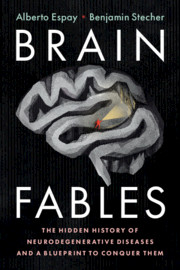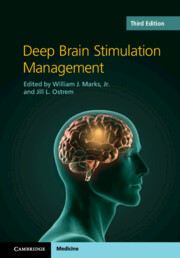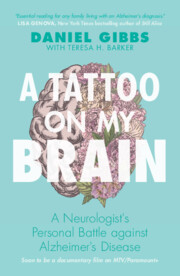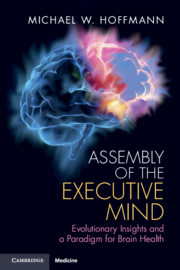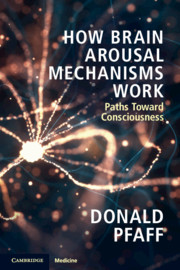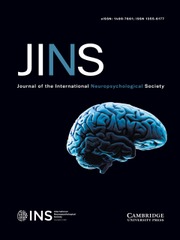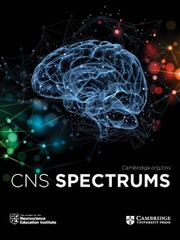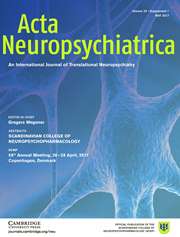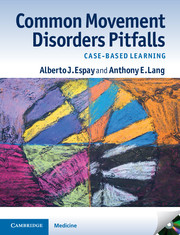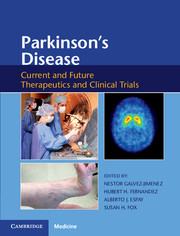Brain Fables
An estimated 80 million people live with a neurodegenerative disease. That number is expected to increase rapidly as populations age, lifespans increase, and exposure to toxins rises. Despite decades of research and billions in funding, there are no medications that can slow, much less stop, the progress of these diseases. This is because diseases such as Parkinson's and Alzheimer's do not exist in biology. Yet, hundreds of clinical trials around the world are examining the potential of single therapies in thousands of people sharing one of these labels. Compounding the problem, these therapies were developed on evidence from models that do not come close to capturing the complexity of these diseases in the affected humans. These practices must end. Brain Fables is a call to refocus on understanding living and aging to create the personalized treatments each affected individual desperately needs.
- The combined narrative of an acclaimed neurodegenerative disease researcher and an expert patient advocate ensures this never-before-told important story appeals to both professional and lay audiences with an interest in brain health
- Lived-experience commentary from a patient living with Parkinson's provides an insight into the uncertainty and lack of information after a diagnosis, and offers reassurance to other patients about what lies ahead
- A wakeup call to the scientific community and society, the authors present evidence-based arguments on how and why we must reimagine and treat neurodegenerative diseases in a convincing and engaging narrative
Reviews & endorsements
'This book attempts to incorporate overarching scientific themes with a detailed overview of pathophysiology and clinical features of Parkinson's disease. The chapters examine clinical features, subtypes and progression of the disease, ways of looking at the disease scientifically, a comparison to oncology, and a review of disease modifying treatments versus symptomatic treatment. The diagrams and tables are outstanding and the production values are excellent. The book, however, is limited by the attempt to tackle big concepts for a more lay public with very technical writing, an unimaginative look at theory and facts, and the distinctly different styles between the two authors.' Rohit Das, Doody's Book Review Service
Product details
July 2020Paperback
9781108744621
174 pages
234 × 156 × 9 mm
0.33kg
35 b/w illus. 7 tables
Available
Table of Contents
- Preface
- Acknowledgements
- 1. The shaky six and the 'second reality'
- 2. Pieces of a puzzle?
- 3. Disease 'redefinition': a tough pill to swallow
- 4. Disease subtypes: the promise and the fallacy
- 5. Protein paradox
- 6. The fault in our models
- 7. Biomarkers: the promise and the fallacy
- 8. Lessons from oncology
- 9. Symptomatic vs. disease-modifying therapies
- 10. The hypothesis that refuses to die
- 11. Our living dissonance
- 12. The scientific and lay narratives
- 13. Challenges viewed from afar
- 14. The moonshot: population-based studies of aging
- 15. Predictions for the 2020s and beyond
- Epilogue. 'When will we have a cure for Parkinson's disease?”
- Note added at press time
- References
- Index.

